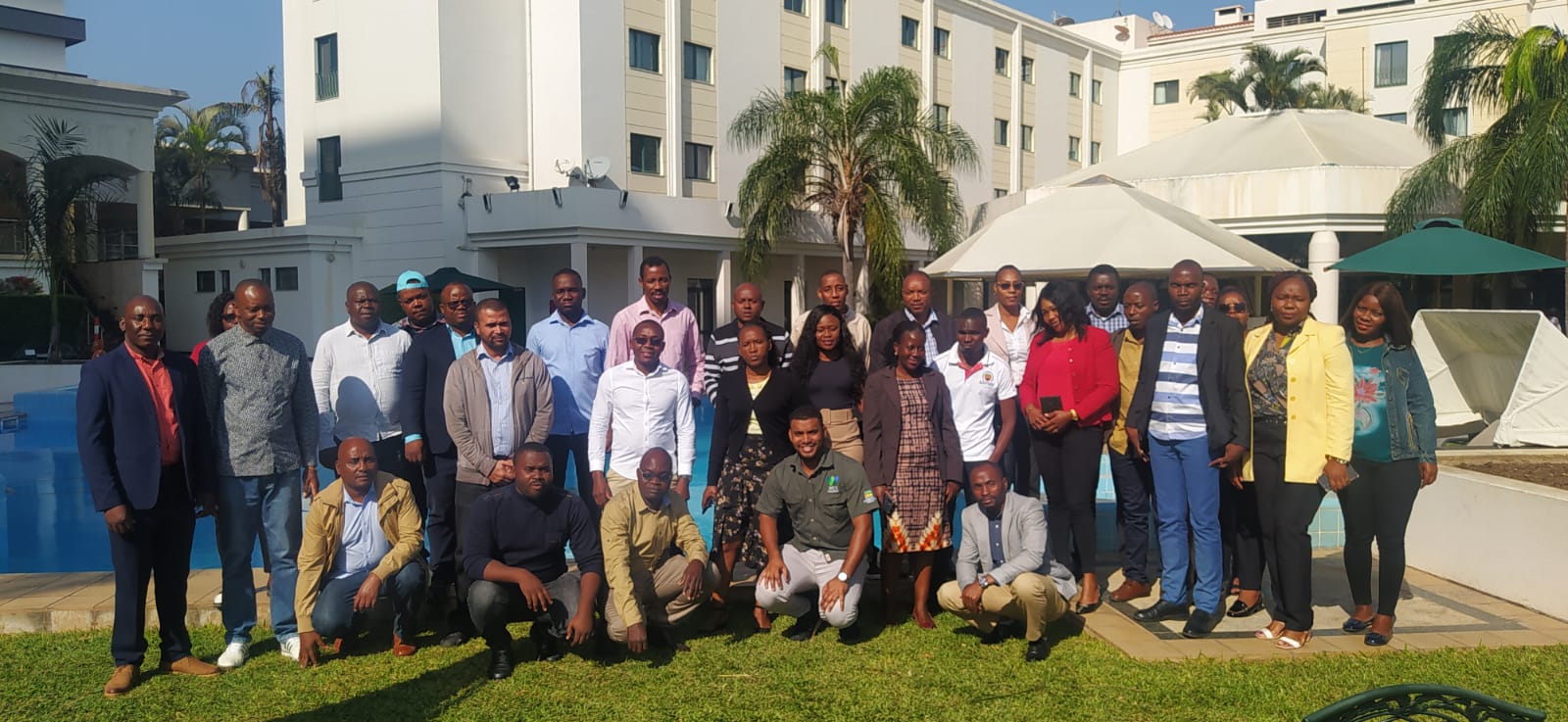Training of technicians from the Provincial Environment Services and Directorates and the Technical Commission for Environmental Impact Assessment of the southern region (Maputo, Gaza and Inhambane) on the importance of Key Biodiversity Areas (KBAs) for planning, spatial planning and environmental impact assessment of the country took place on 21-22 June 2023 in Maputo City.
According to the Decree No. 51/2021 of July 19, KBAs are considered protected areas for birdlife and its habitats, and the National Plan of Territorial Development (PNDT) recognizes KBAs as an integral part of the national ecological structure, and thus should be considered areas to be avoided by development projects that compromise their conservation objectives. The same applies to the national Marine Spatial Plan (POEM).

Recognizing the role of these areas, the National Directorate of Environment (DINAB) in coordination with the Wildlife Conservation Society (WCS), through the project "Mainstreaming Key Biodiversity Areas (KBAs), piloting Blue Carbon, and Strengthening Coral Reef Fisheries in Mozambique" organized this training with the main objective of strengthening the capacity of the southern region of the country, to mainstream KBAs as an integral part of the ecological network at the provincial and district levels, so that these areas can be integrated into provincial, district and spatial land use plans. The event was attended by 35 participants, and covered topics on (i) definition of KBAs, their delineation and role in biodiversity conservation, (ii) existing KBAs in Southern Mozambique and their legal framework, (iii) other tools (e.g. Red Lists, ecosystem map) and platforms (e.g. Biodiversity web portal - SIBMOZ and Environmental Licensing Management System - SGLA) relevant in identifying areas to be avoided by development projects, as well as (iv) the role of the Provincial Directorates and Services of Environment in monitoring and protecting KBAs.
The project that developed this training is funded by SPEED and NORAD, and will be extended to the central and northern provinces of the country.
Find here more information about KBAs in Mozambique